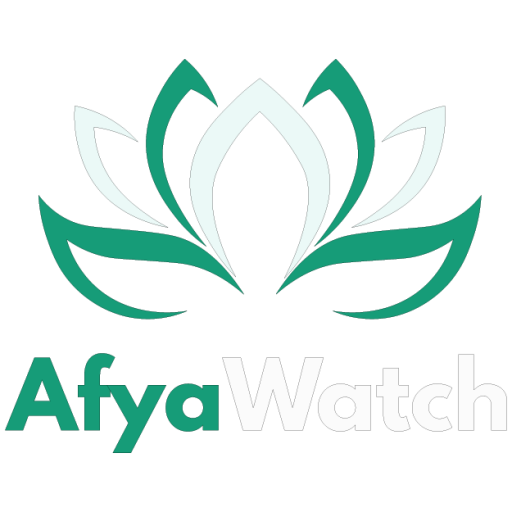It is now in the public domain. Private hospitals in Kenya are extorting patients by prolonging their stay in hospital. In simpler words, you and I are all potential pawns in this dirty multi-billion game of chasing shillings and cents. Corruption is stalking us all in both the public and private health facilities.
This twitter thread by M @Owaahh has exposed how Nairobi Women’s hospital and others are extorting money from their patients.
The thread contains screenshots obtained from the hospital’s Nakuru Branch Whatsapp group. In the conversations, hospital staff members were reprimanded for discharging patients earlier.
COO Eunice Munyingi complained, “Ruku yesterday, you discharged 14, today planned 12, this is not sustainable. Urgently fix’’.
It goes without saying that the kind of fixing that was asked for was to prolong the stay of patients.
From the forth and back messages, it is clear that the hospitals business model seems to rely more on retaining patients. This means that patients accumulate bills thinking that they are getting better while they are just minting machines for revenue targets.
Directions from senior staff included targets for admission and in one, “today we are going for #55+.” One of the messages in the screenshot reads.
Nairobi Women’s hospital does not only get these cumulative revenue targets by increasing admissions stays but by admitting patients even when they do not need to be. Sometimes, they send patients for wasteful lab tests and many other tactics that we are yet to know.
A former patient of the hospital, Grace Adalia Saisa, had complained earlier in a Facebook Group about the fraud in Nairobi Women’s Hospital. Her post goes, “Nairobi Women’s is a good hospital no doubt about that but why is it each time I take my daughter there is always admission nothing else. The doctor sees her and immediately its admission…”
AAR headquarters on Ngong Avenue were also implicated in the same plot as Nairobi Women’s hospital. Here, the staff member who gives the most tests to patients gets acknowledged with a month’s commission. Get this, the tests are not even necessary.
This is one of the tweets read by Ken Odero,
”Nairobi Women’s actually pay Dr’s commission for admitting patients. The doctors there will do anything to have you admitted. It is that bad. I cancelled it long time ago.”
The Twitter thread led to scores of responses as people discussed how they are continuously taken advantage of by such hospitals which are believed to offer top-notch health care to patients.
Other hospitals implicated in the same fraud include Gertrude Embakasi, Agha Khan, Matter, Nairobi Hospital and MP Shah.
Broken Healthcare System
The case of Nairobi Women’s Hospital is symptomatic of the broken healthcare system in the country. The failure by the government and counties to efficiently run public health facilities has given a grand opportunity to private facilities to run the sector in a mafia-like manner.
Report after report, the level of corruption in both public and private health sectors have led to the diminishing of trust by patients who still have to return to the same facilities for care.
Two years ago, an article published by Venas News revealed that doctors were giving nurses strict instructions not to allow a patient to leave the hospital without being admitted. This also included delaying women’s labour by injecting them with pain killers to lengthen their stay and subsequently their bill.
Nairobi Hospital was yet again implicated in this scheme where they extort people who have a medical cover. One man who had been admitted at the hospital for 5 days for a common cold was forced to part with Sh 633,000/.
Coming at the back of multi-billion shilling scandals, the health sector appears to be sending a cold message to Kenyans that they are doomed either way. What started on Twitter as a cautionary tale to Kenyans ignited a flurry of complaints from Kenyans who felt cheated by the systematic nature of corruption in the health sector. It is ever-morphing.
In 2018, the ministry of health was hit by a corruption scandal to the tune of Sh 7 billion. The ministry had bought CT scans projected to be 40-45 million. They were purchased at a staggering price of Sh 227 million each. And in 2019, a major 15 billion NHIF scandal still blew taxpayers money like chaff.
A broken healthcare system implies lower health indexes such as infant mortality. It increases disease prevalence, disease resistance and yes, the loss of lives.












